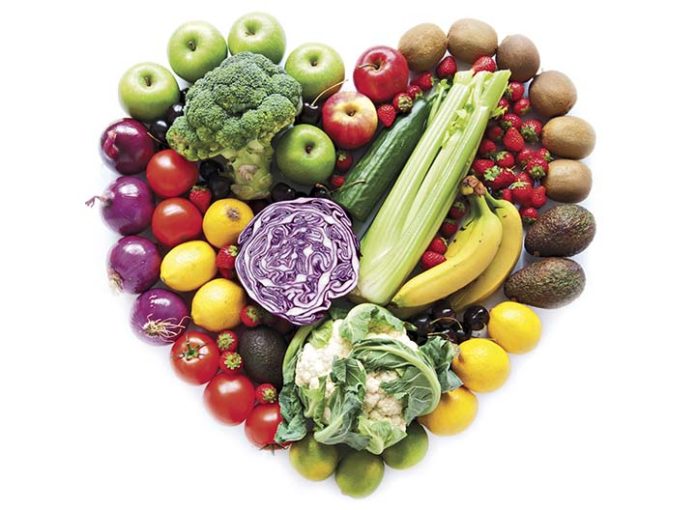You don’t have to be a nutritionist to know that a diet too high in fast foods, excess sugar and red meat carries with it a risk of obesity and disease such as type 2 diabetes and heart disease.
Junk like processed or fried food, candy, pop or commercial baked goods have been stripped of any nutritional value. So even though they might relieve your hunger pangs they don’t provide the essential nutrition your body needs. They probably don’t leave you feeling very great either!
Think back to the last time you overindulged in a big meal or extra desserts. As you pushed your chair back from the table to unbutton your pants you may have experienced indigestion, a bloated stomach and felt tired or sluggish.
On the other hand, healthy foods such as fresh vegetables, fruits, nuts and whole grains contain a host of nutritious goodness: vitamins, minerals, fiber, protein and essential omega fats, just to name a few. Your body needs these nutrients in order to function. Food provides us with energy and the raw materials to carry out important bodily functions like clearing out waste, staving off illness and keeping your heart beating.

The food that you eat should always make you feel your best so you can run your own business, raise a family or care for sick or elderly loved ones – or maybe you’re doing all three! While disease prevention is certainly an important reason to eat well, we often overlook the more immediate benefits of a healthy diet.
Here are just a few of the benefits you might enjoy:
Increased Energy
Processed junk and heavy, rich foods can slow down your digestion, leaving you tired and sluggish. And while caffeine and refined sugar might give you a quick blast of energy now, it will leave you with even less energy later when you crash – and you will crash.
Including protein and complex carbohydrates at each meal or snack – think baked sweet potatoes with roasted chicken and a salad – will give you a sustained source of energy that will last much longer, without the ups and downs.
Better Digestion
Heartburn, constipation, gas and bloating are all unpleasant symptoms related to eating too much of the wrong types of food. Meals and snacks should leave you feeling satisfied, not overstuffed or sick to your stomach.
In addition to choosing whole foods, slowing down to eat at a table from a real plate and chewing each bite can also help alleviate digestive upset. It might also help you eat less too!
Improved Sleep and Mood
That sugar or caffeine high I mentioned earlier isn’t just going to mess with your energy, it can also interrupt your sleep and leave you feeling grumpy – that’s putting it nicely.
You’re not going to get a good night’s rest if your body is trying to digest a day’s worth of junk food or you’re still riding a sugar rush. Then if you haven’t had enough sleep you’re certainly not going to be a ray of sunshine. It’s a vicious cycle – when you’re feeling sluggish you may be more inclined to reach for sugar or empty carbs.
Try to drink your first cup of coffee only after you’ve eaten a healthy breakfast and certainly don’t drink caffeinated beverages after 2:00 pm. If you’re going to have dessert it’s better to have it at lunch rather than dinner so you’re not heading to bed with elevated blood sugar.
Life is busy and you can’t afford to be weighed down by poor food choices. Eating a healthy, whole foods diet will help you feel great today and while preventing disease tomorrow!


